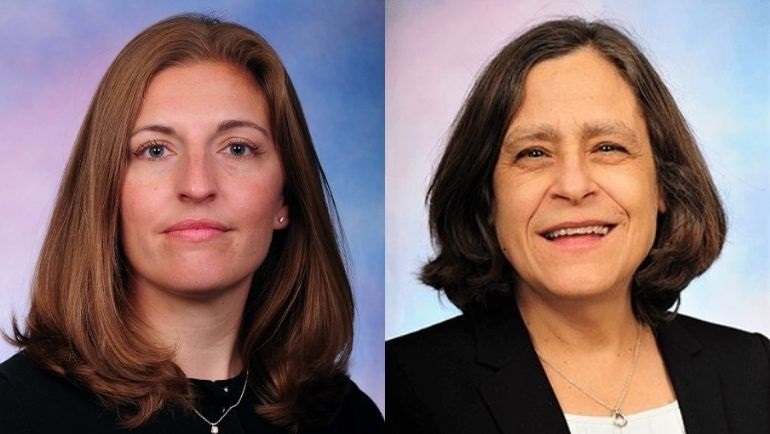The Wayne State University School of Medicine Office of Faculty Affairs and Professional Development will present a four-part workshop series on implicit bias beginning Sept. 16.
The first session of "How Patient and Physician Race-Based Attitudes Influence Clinical Communication," scheduled from noon to 1 p.m., will describe the science and measurement of implicit bias, demonstrate the specific physician behaviors that have been found to be associated with implicit bias and provide training on a patient-driven, patient-centered communication as a way to mitigate the influence of implicit bias.
The workshop is open to faculty, staff, students, residents and fellows.

The overall objective of the series is to present an understanding of the science and measurement of implicit bias research, to understand how implicit bias can negatively influence human behavior with a focus on decision-making and communication behavior with patients, and to articulate evidence-based strategies to mitigate the influence of implicit bias on decision-making and behavior.
The first session meets the state mandate for implicit bias training and includes one hour of training and Continuing Medical Education credits.
Guest facilitators include Lauren Hamel, Ph.D., associate professor of Oncology, and scientific member of the Population Studies and Disparities Research Program at the Barbara Ann Karmanos Cancer Institute, and Susan Eggly, Ph.D., professor of Oncology and a scientist in the Population Studies and Disparities Research Program.
Dr. Hamel developed the curriculum as a member of the WSU Office of the Provost’s Academic Leadership Academy, an intensive one-year leadership development experience, in collaboration with Professor of Pediatrics and Associate Dean for Faculty Development Beena Sood, M.D.; and WSU Associate Provost for Diversity and Inclusion and Chief Diversity Officer Marquitta Chamblee, Ph.D.
“Our goal is to implement an innovative, comprehensive, evidence-based and longitudinal implicit bias training curriculum for WSU School of Medicine medical students, graduate students, staff and faculty by leveraging WSU expertise in implicit bias, patient-physician communication, medical education, and diversity and inclusion,” Dr. Hamel said. “We designed the course content areas and sessions to be comprehensive and complementary, and identified content areas based on the expertise of Wayne State, the School of Medicine, and individual faculty members and researchers.”
RSVP for the program at https://rsvp.wayne.edu/patient-and-physician-race-based-attitudes-influence-clinical-communication.